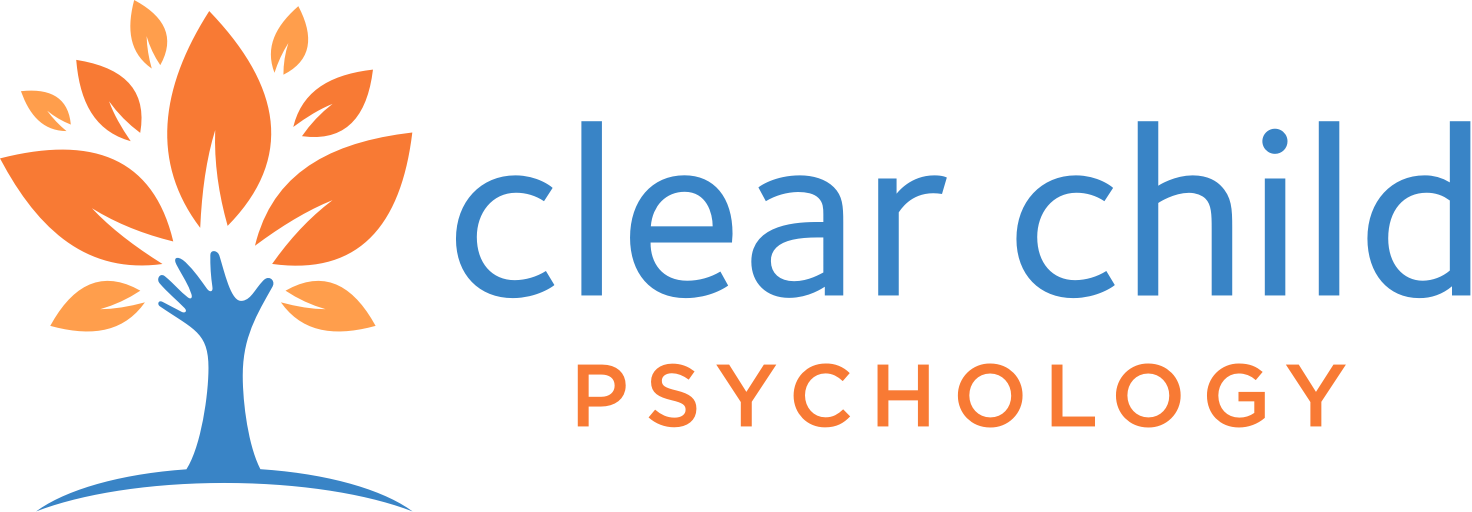Developmental Coordination Disorder is a Motor Disorder defined by challenges in motor sequencing and coordination. Children may be diagnosed with a Motor Disorder if their impairment in motor functioning interferes with their day-to-day life and their coordinated motor skills are below the level of skills expected based on their chronological age. Children with Developmental Coordination Disorder may be clumsy and/or have slow and inaccurate handwriting, assembling puzzles, making models, organizing belongings, difficulty using scissors, riding a bike or participating in sports. Impairment in daily living may be impacting their school productivity or their leisure and play. These deficits cannot be associated with a neurological condition that impacts movement or with an intellectual disability. This disorder is generally not diagnosed before age 5 because motor skill acquisition can vary. When children have intellectual disabilities, motor challenges would need to be in excess of those delays for Developmental Coordination Disorder to be diagnosed.
Start Your Path
Please choose one:



